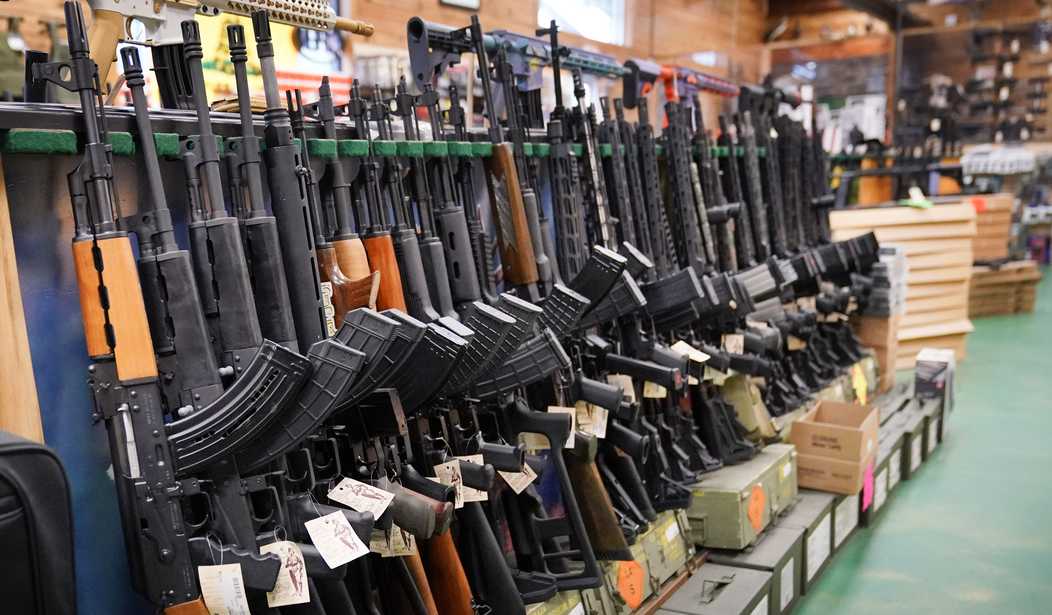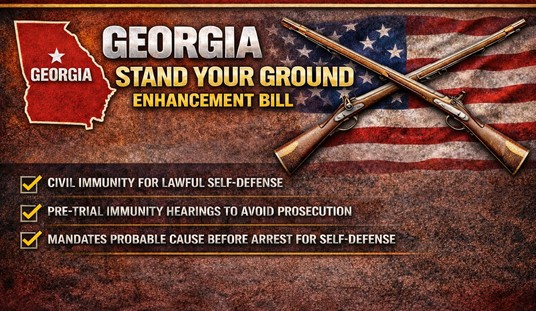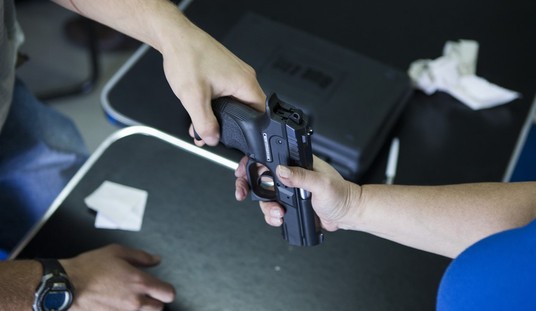It’s been 30 years since the Brady Bill passed. This was the bill that mandated all licensed gun dealers had to conduct background checks on anyone trying to buy a firearm.
It was heralded as a huge step forward. After all, before the law went into effect, felons could walk into gun stores and buy a firearm. They weren’t supposed to–it was illegal for them to do so–but they could just lie and say they weren’t a felon. In most states, that was enough.
So then the law changed. The Brady Bill went into effect and after 30 years, The Trace has decided to look at some numbers as to just how effective it’s been.
2,266,746
The number of federal background checks that resulted in a denial
These denials occurred because an FBI search of the NICS indices turned up a record that legally disqualified the person from owning firearms. This total does not include denials in states where state or local law enforcement handles the background checks. In 2023, the Bureau of Justice Statistics estimated that federal and state agencies combined had denied a total of 4.4 million firearm background check applications since 1994. [FBI and Bureau of Justice Statistics]
3 in 20 (or 1.5 percent)
The proportion of firearm background checks that result in a denial
This estimate from the Bureau of Justice Statistics encompasses denials issued at both the state and federal levels. Between 1998 and 2020, state and federal background checks blocked an average of 509 prohibited gun purchases and permits each day. However, when BJS looked solely at 2019 and 2020 — a period that overlaps with the pandemic gun-buying surge — the average number of denials jumped to 878 per day. [Bureau of Justice Statistics]
1 in 2 (or 51 percent)
The proportion of denials that are the result of felony convictions
Federal law prohibits people from owning firearms if they have been convicted of a felony or certain misdemeanors. Since the national background checks system went into place, this prohibitor has been the most common reason applications are denied. Compared to the FBI, state and local agencies deny for felony reasons at a lower rate, but one that still accounts for the largest proportion of denials. State and local agencies deny applications for state prohibitions and mental health reasons at a higher rate than the FBI. [FBI and Bureau of Justice Statistics]
Now, more than 2.26 million denials sounds like a lot, but what The Trace isn’t including in their numbers are false denials. They might be denied and counted as someone with a felony, only the person in question isn’t a felon. NICS gets it wrong a fair bit because, well, they’re people. That’s going to happen.
So the number of felons being denied guns is actually lower.
Further, this is over 30 years. When you consider just how many guns are bought and sold annually in the US, the just over 75,000 denials we see on average per year doesn’t sound particularly staggering.
And The Trace notes that only half of them are for felonies.
See, while they’re celebrating how effective the Brady Bill is, what I’m seeing here is that criminals are getting plenty of guns and they’re not getting them from gun stores. They’re not even trying to get them from gun stores.
Why would they? Most know they can’t get one lawfully anyway–many of those who do try to get a gun don’t realize they can’t own a firearm anymore–so they look for alternate way to obtain one.
They bypass the Brady Bill framework entirely so they never show up in the denial numbers.
So hundreds of millions of people have bought guns over the last 30 years, undergoing background checks that make them feel like they’re the criminal, all while doing next to nothing to actually stop criminals from getting guns because the criminals just went a different direction.








Join the conversation as a VIP Member